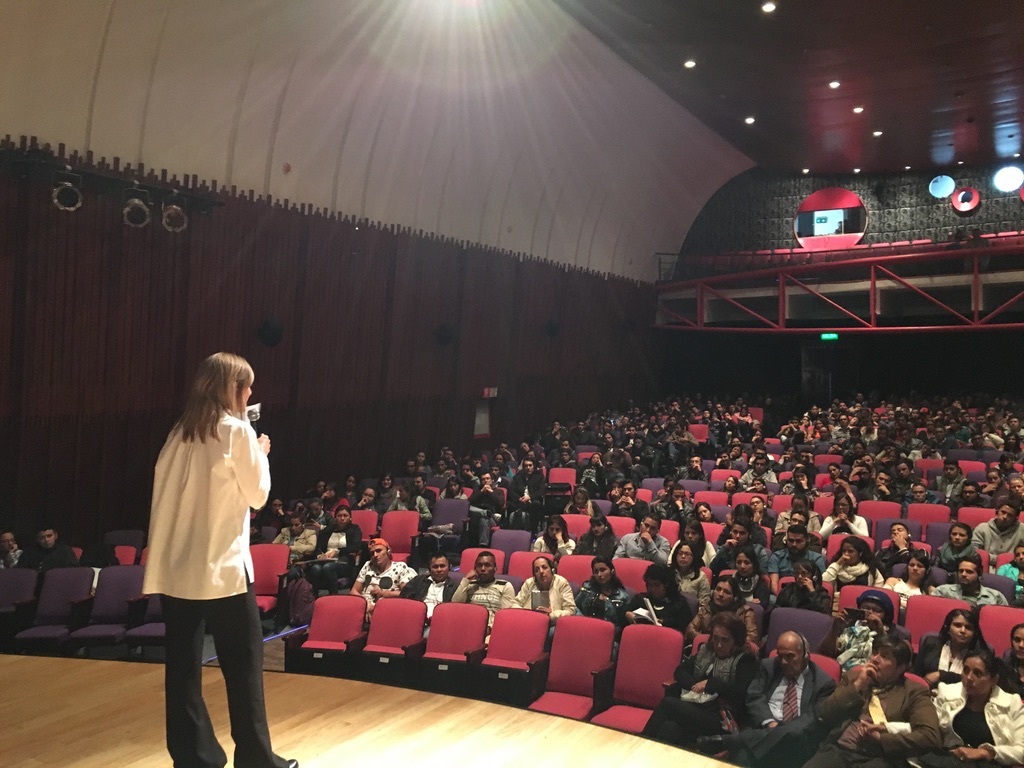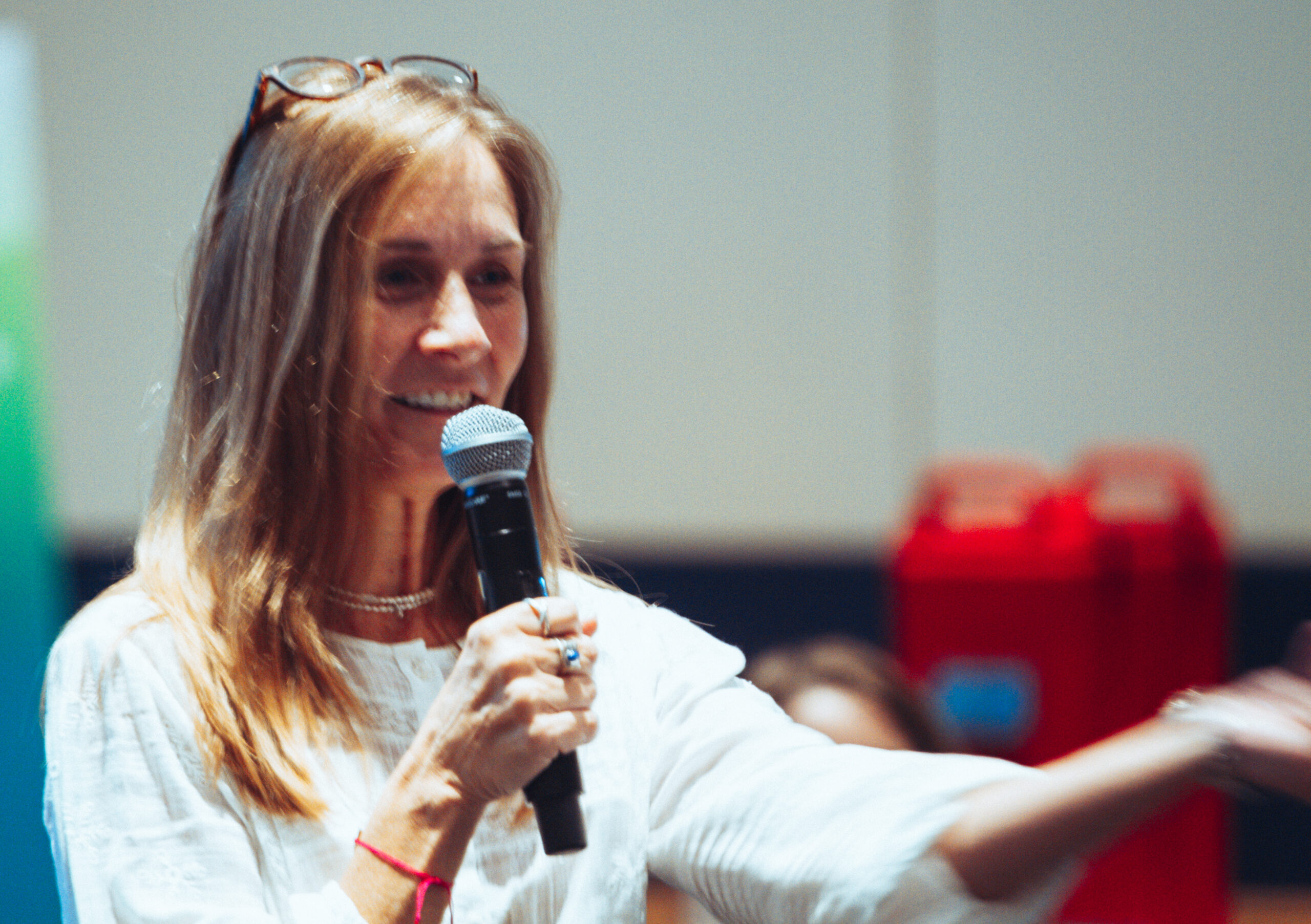Based on the research of Dr. Laurie Mulvey, Director and Clinical Professor, who has studied groups-in-conflict for 30+ years, World in Conversation developed:
- A learning ecosystem and course curricula to train facilitators
- A facilitation method designed to advance the capacity for humans to solve problems with their opponents
- A global system that upholds programming across continents and timezones.
Dr. Mulvey travels internationally to speak about these innovations, as well as to make possible difficult conversations through her expertise on conflict facilitation.
What is Grounded Theory?
Grounded Theory is an empirical method that is qualitative, inductive, emergent, and participant observation-oriented. At its core, Grounded Theory research starts in “unknown territory” and ends in rich “grounded” hypotheses, and as such, is a facet of the scientific method that is dynamic and responsive to living systems.
Grounded Theory research is cyclical in nature, and entails an iterative data collection and analysis process that moves almost seamlessly between the two. As you collect data, you analyze it, and as you learn from analysis, you continue to collect more data. This process ensures that each forward progression in the research process is based on informed hypotheses that follow the data.

